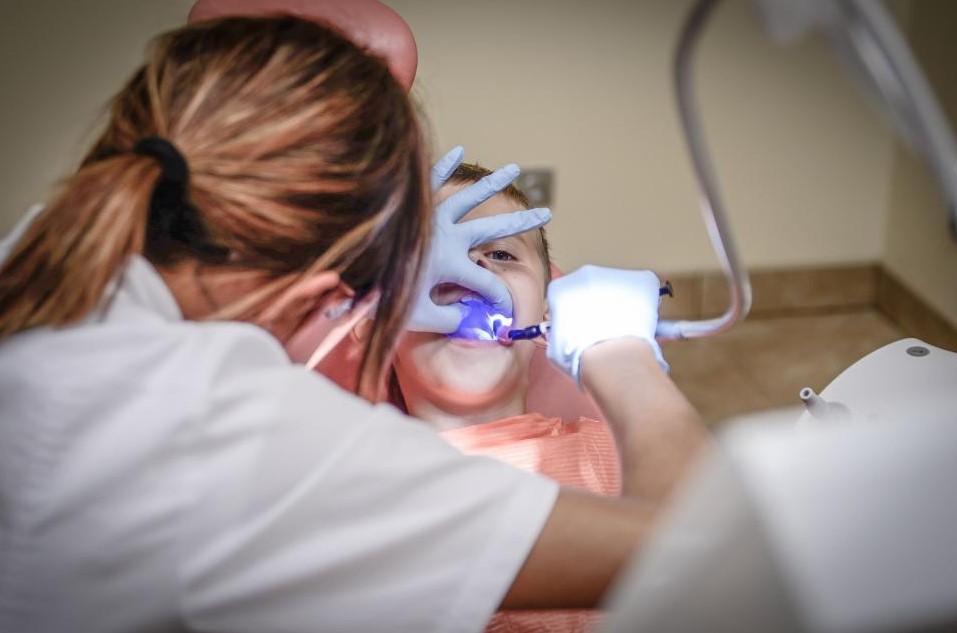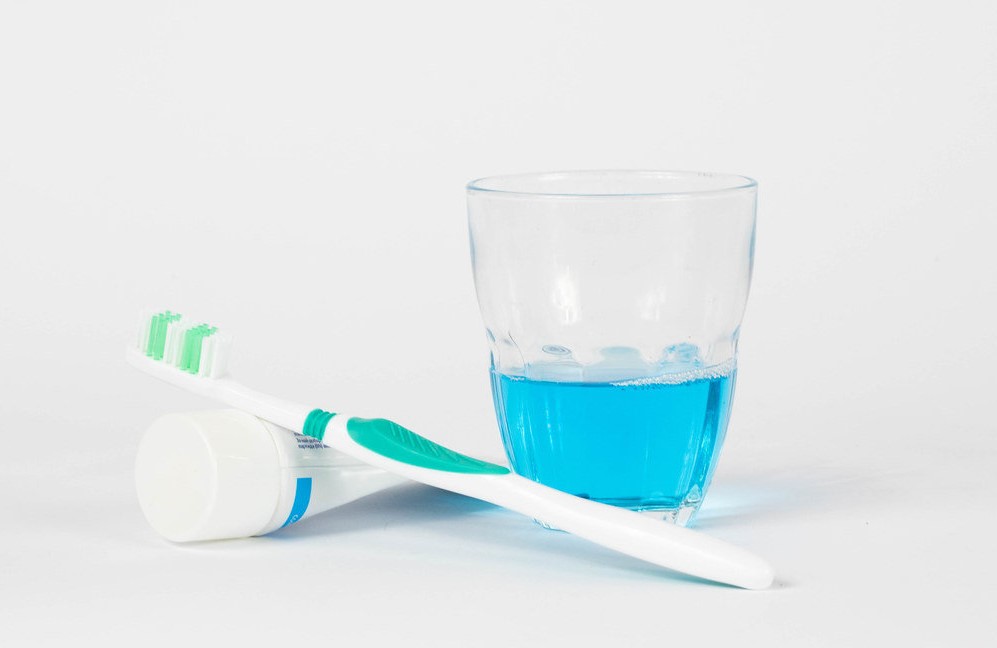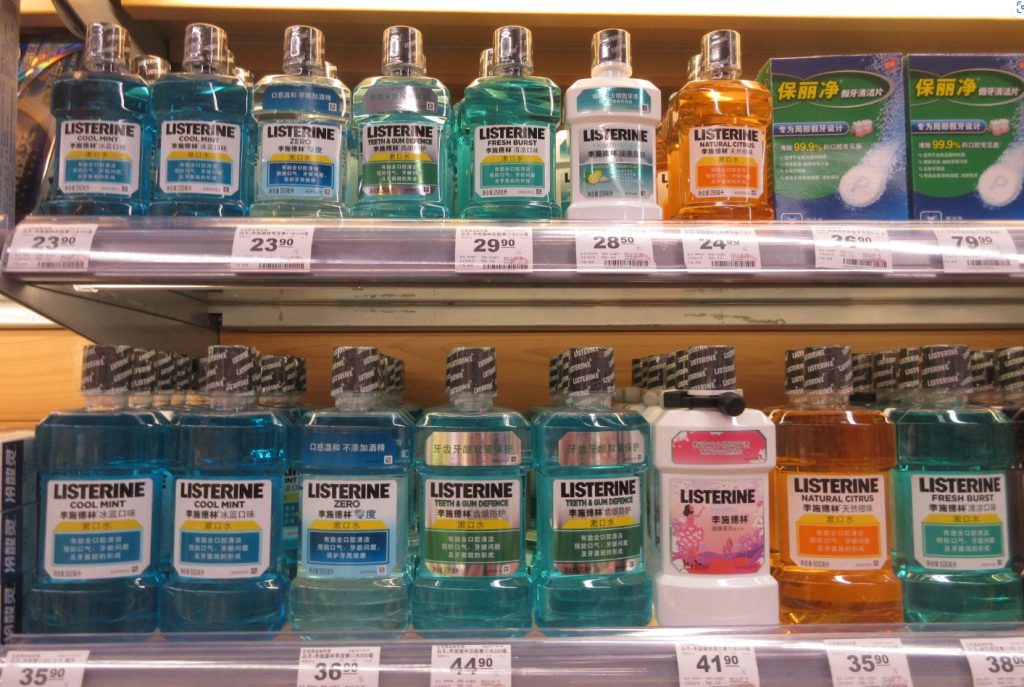Oral rinsing every day is it bad? See what study says
One study points out that the oral rinse may be doing you bad. Understand.

One of the most recommended habits by dentists after flossing and regular brushing is the introduction of oral rinse into the oral hygiene routine. However, a recent study, published in the Journal of Medical Microbiology, seems to indicate otherwise.
The research entitled “The Effect of Daily Use of Oral Rinse Cool Mint on Oropharyngeal Microbiome” points out that the practice of using the oral rinse daily may end up causing more damage than benefits.
According to the study of the study, the daily use of Listerine for 3 straight months was associated with greater abundance of opportunistic bacteria that are commonly found in patients with periodontal diseases, esophageal and colorectal cancer, and systemic diseases.
How the research was done
The public who participated in the tests were 59 men who relate to men and who were taking a medicine to reduce the chances of contracting HIV. These participants used a placebo oral rinse for three months, followed by one of the most popular mouthwashes on the market, Listerine Cool Mint for another three months (and vice versa).
After the three months of use of each oral rinse, samples from the mouth and pharynx region and its DNA was extracted for the genomic metal sequencing and identification of bacteria levels were removed.
You showed a higher concentration of Fusobacterium nucleatum, Streptococcus anginosus and other opportunistic bacteria after daily use of Listerine over 3 months in a row compared to the placebo rinse.
“The use of Listerine was associated with an increase in ordinary oral opportunistic bacteria, previously reported as abundant in periodontal diseases, esophageal and colorectal cancer and systemic diseases. These results suggest that the regular use of the Listerine oral rinse should be carefully considered, ”says the completion of the published research.

Should I stop using mouthwash every day?
The answer is depends. Although this recent study point to a possible harm of the use of the oral rinse, there are several other research that indicates that there are several benefits in using the oral rinse.
For example, in 2023 the study “Effectiveness of mouthwash was published in the treatment of oral diseases and conditions: do they play a role?” in the Journal International Dental Magazine. In it, the authors conclude that the oral rinse is effective in reducing dental signs, which are the major cause of oral diseases. Depending on their components, these products can still contribute to the prevention of tooth decay and whitening.
Thus, the criterion of each one is the use of the oral rinse. The possible benefits and harms of practice should be weighed to build a quality oral health routine.

What should be done daily for your oral health
In addition to the oral rinse, there are other ways to maintain hygiene and oral health. Tooth brushing, for example, should be done at least twice a day, each time for at least two minutes. Use a fluoride toothpaste and a soft brush and brush your tongue as well.
Daily, it is also important to floss between the teeth to remove license plate and remains of food from the area where the brush does not reach. To reduce plaque formation, have a healthy diet with few sweetened foods and drinks.
In addition to daily habits, it is important to see a dentist at least once a year for cleaning and evaluations. If you need it, your dentist may suggest more frequent visits. Finally, between 3 and 4 months you should change your brush. If the bristles seem too spent before that, change it before.

Oral health and hygiene prevents the development of oral diseases such as gingivitis and periodontitis.


